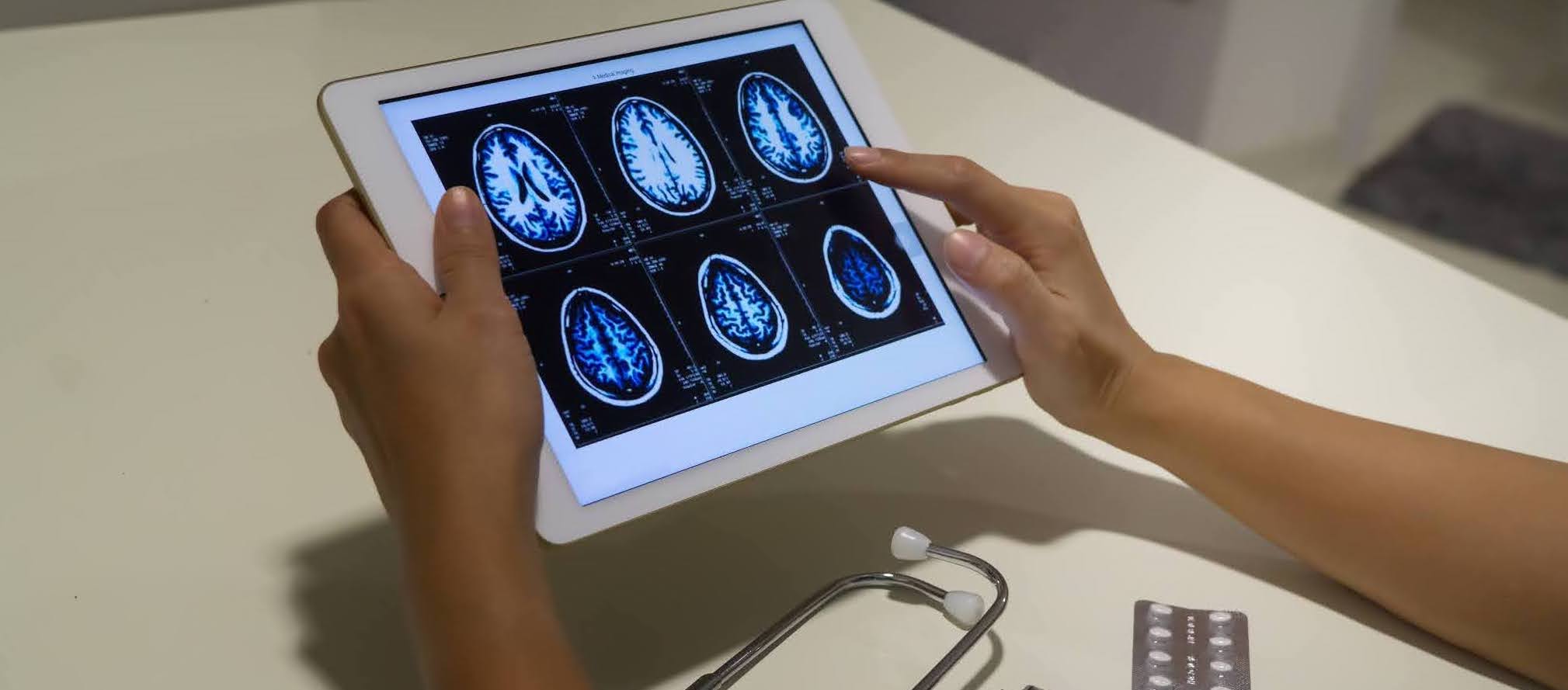More medical professionals in private practices are working from home prompting an increase in telehealth services within these privately owned clinics.
In the new Clinic to Cloud 2020 Survey: Building a Better Practice Beyond COVID-19, across private practices, 54% are working remotely more often now compared to pre-COVID, with 11% working completely virtually.
Meanwhile 61% said over a quarter of weekly consults occur via telehealth, and 23% said three quarters or more of weekly consults occur via telehealth.
“Telehealth is complex, whether it is a video or telephone consultation,” says CEO of Clinic to Cloud, Rafic Habib. “Our job as a technology platform is to facilitate the administrative aspect of the consultation and capture the relevant patient information, ask the patient screening questions, then automatically feed that information into your Clinic to Cloud environment. Post consultation, we will allow you to push information back out to your patient securely and cost effectively - and of course bill for the service.”
Back to the future of healthcare
Experts in our report agreed it would be naive to think all practices will be back to the face-to-face model of the pre-pandemic era. Instead, the future is a hybrid model of in rooms appointments and telehealth consulting. Telehealth will now become a regular part of private practices moving forward beyond the pandemic.
Practice manager of a top ENT practice in Newcastle, Kenna Jefferson says COVID forced her clinic to use telehealth which ended up being a big help.
"We will be using telehealth into the future, beyond 2020, because we get so many remote patients located miles away from our clinic. And if the doctor can just have a chat with them, get all the information, and then he will eventually bring them in. But it just means less traveling for them, and less repeat appointments."
Telehealth and increased administration
Kenna Jefferson says while her staff thought switching to telehealth consults would involve less admin, it ended up involving more.
This is backed by our survey, which found managing patient expectations (40%), and adapting to virtual care/telehealth (38%), as well as communicating with patients (34%) were significant challenges in the previous six months.
“We had just never done telehealth before. We hadn't anticipated that every one of those telehealth appointments was now going to need a face-to-face follow-up, and they're going to need a physical exam, which is going to take longer than a normal review appointment, and all those kinds of things. We did learn a lot of lessons very quickly,” Kenna says.
“There was a lot more admin involved. Just sending out scripts to people sending out testing referrals to them, taking payments over the phone, we also let people do bank transfers, I was checking the bank account 10 times a day to see if anybody had transferred money in.”
“Because the doctor wasn't in theatre, he was actually in our rooms five days a week and seeing twice as many patients as we normally would.”
Kenna says thinking back to pre-COVID, making the transition to telehealth services she didn't expect the increase in administration.
"We're in Newcastle, so we do have a lot of patients that do benefit from telehealth. A lot of rural patients travel a long way to see us, so it's fantastic for the patients. And we had already been doing some telehealth at the practice.
"However with the pandemic, doing it more often we found it a bit clunky. We didn't do it often enough to make it an easy thing for us to do. It was a bit clunky and we always forgot how to do certain steps," she says.
Telehealth and accelerated digital transformation
On top of this, AI, natural language processing, virtual and augmented reality, voice recognition, nanotechnology, cloud computing, machine learning and more, all powered by the Internet of Things and 5G, means the technological health revolution will irrevocably change the way healthcare is both managed and delivered moving forward.
According to our survey, health professionals in private practice say investment in technology remains a priority. In fact, 52% are maintaining spend in technology solutions that support virtual and remote clinical and practice management such as cloud solutions, online payments, telehealth and mobile apps. Only 5% are cutting back.
In many ways, this digital transformation is opening up exciting new ways in which clinicians and providers can work together for a better tomorrow in the healthcare sector.
Breast cancer surgeon Dr Chantal Thornton believes there's been no other time in history where it's been more relevant for doctors to enter the digital age.
“For me, there's no way I could go back to a paper file style of operating now I work from the cloud. However, I understand many doctors are at the end of their careers and I can understand not wanting to change practice mechanisms,” she explains.
Supporting the next generation of digitally savvy doctors
As the new generation of health professionals emerge that have grown up with technology and expect a digital-first environment in healthcare, Chantal highlights there’s no better time to strengthen the digital healthcare ecosystem.
“A new generation of doctors are coming through. They are tech-savvy - it’s the norm for them,” she adds. And they will surpass other colleagues in terms of what they can deliver to their patients. If other doctors in my age bracket don't stop and think: How can I give a patient a better experience? Then they will be left behind.”
“There’s a whole generation prepared to provide incredible services to their patients that the patient will demand. There's no option for people but to move forward and utilise, like every other business around the world, new technology to improve performance and to improve the health of the patient.”
Read more insights in Clinic to Cloud’s recent survey, 2020 Survey: Building a better practice beyond COVID-19. Download your free copy here.



